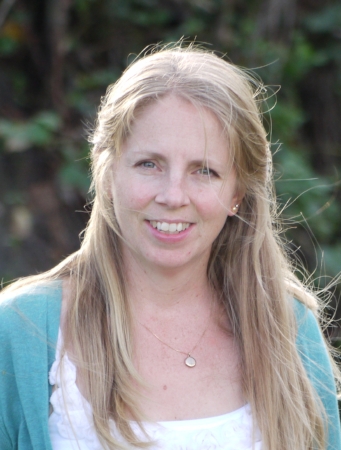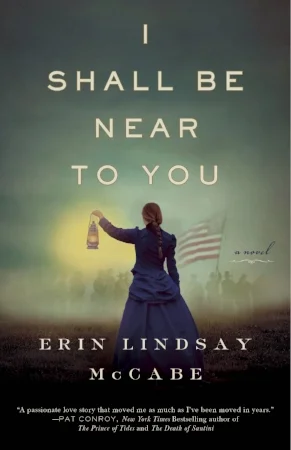WomensHistoryReads interview: Stephanie Thornton
The order in which I've been publishing my #WomensHistoryReads interviews has no particular logic to it. Unless someone has a book coming out on a particular day (like Stephanie Dray last week) I've been putting things together largely by instinct and gut feeling. But! Since Weina Dai Randel mentioned Stephanie Thornton yesterday, it made perfect sense to introduce you to her, and her upcoming book American Princess, today.
Stephanie Thornton
Greer: If you could pick one woman from history to put in every high school history textbook, who would it be?
Stephanie: I teach high school history and let me tell you, that’s a tough question because so many famous women are omitted from today’s textbooks! I’m going to play favorites here and go with Pharaoh Hatshepsut of 18th Dynasty Egypt, although Empress Theodora of the Byzantine Empire is a close second. (And Genghis Khan’s wife Borte made it possible for him to conquer the world’s largest contiguous empire, but I digress…) Hatshepsut was almost forgotten due to a campaign to wipe her reign from Egypt’s history, but she helped usher in Egypt’s Golden Age through her trade expeditions, foreign conquests, and monumental building campaigns. She was one of the world’s first successful female rulers, and she deserves a whole lot more credit than she gets.
Greer: What’s your next book about and when will we see it?
Stephanie: I’ve jumped to 20th century America to write about Theodore Roosevelt’s hellion daughter, Alice, for my next novel. Alice Roosevelt was America’s first media sensation and became a fixture in Washington politics, since she knew virtually every president from McKinley to Nixon. I'm really excited that American Princess will hit the shelves in March 2019!
Greer: Us too! What book, movie or TV show would your readers probably be surprised to find out you love?
Stephanie: While I write strictly historical fiction, I love a good dose of sci-fi or fantasy. I recently devoured Ready Player One by Ernest Cline, and I’m crossing my fingers that Steven Spielberg does the story justice on the big screen. One of my all-time favorite fantasy reads is A Darker Shade of Magic by V.E. Schwab, which is set in three versions of London. It’s slightly historical, but really just a fun romp with an unforgettable cast of characters. (Lila Bard is one of my favorite characters ever!)
My question for you: In writing from the point of view of an American Civil War era detective for Girl in Disguise, what was a historical tidbit you uncovered in your research that you just had to find a way to incorporate into the story?
Greer: There were quite a few! Two spring to mind: one about the city of Chicago, and one about Kate. The Chicago tidbit is that during the period I was writing about, work crews were actually raising certain parts of the city by several feet so a sewer system could be installed. They jacked up buildings on hydraulics -- in some cases, even while the buildings being raised were open for business! So I had to have that scene. As for the Kate tidbit, we only have solid records about four or five cases she worked, and in one of them, she impersonated a fortune teller so she could find out whether a particular woman had been trying to poison her brother so she could get his money after he died. (The woman was totally guilty, by the way, and the fortune teller gambit worked.) I actually wrote the scene to include and it didn't make the cut since it didn't move the story forward, but I made sure there was still a reference to it in the finished book. Truth really is, in so many cases, stranger than fiction.
Website: http://stephanie-thornton.com
Facebook: https://www.facebook.com/AuthorStephanieThornton/
Twitter: https://twitter.com/StephMThornton


















